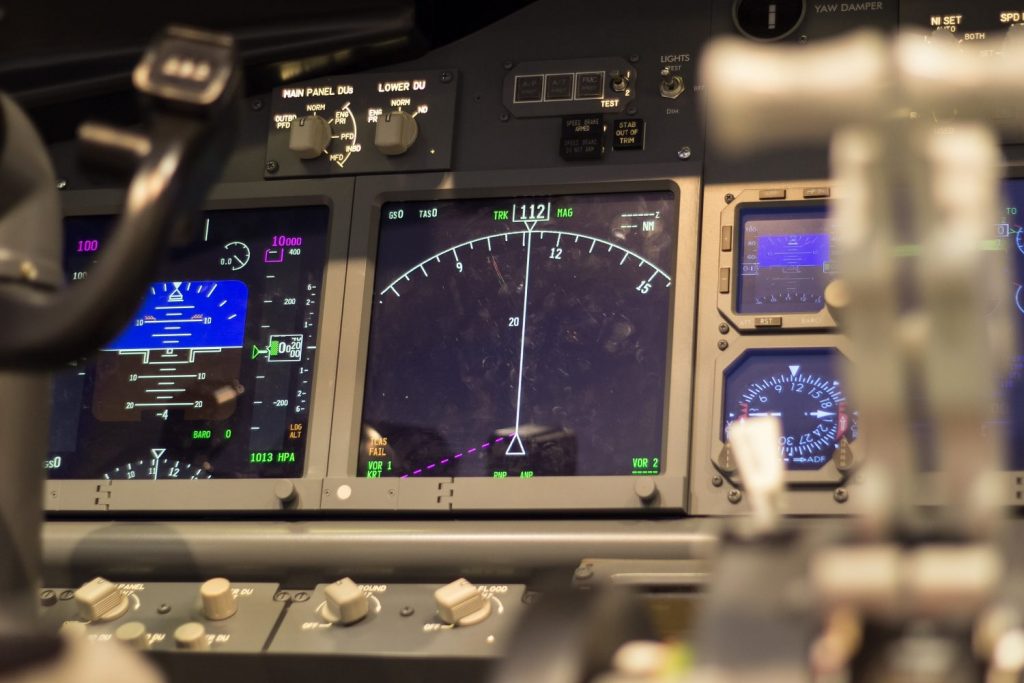
Eight aviation organizations lobbied members of Congress on Wednesday to revise legislation that would cap Department of Veterans Affairs (VA) reimbursement rates for veterans receiving flight training at public institutions.
The National Association of State Aviation Officials (NASAO), the Air Medical Operators Association, the National Business Aviation Association, and the General Aviation Manufacturers Association led the eight general aviation (GA) groups in voicing opposition to the bill, H.R. 4149, in a letter to leaders of the House Veterans Affairs Committee.
“Historically, military veterans, who have been trained with the utilizing of GI benefits, have comprised the heart of the general aviation (GA) and commercial pilot population,” NASAO President Mark Kimberling said. “Unfortunately, this pipeline of capable, and frankly, ideal pilots has dwindled over the years with the imposition of more and more barriers and restrictions to these benefits. And we’ve, unfortunately, seen a commensurate decline in the total pilot population.”
The aviation groups voiced support for efforts to tighten existing VA regulations to curb abuses by “a minority of flight schools affiliated with collegiate degree programs.”
The groups also noted that they were encouraged by provisions of H.R. 4149 that would improve the structuring of veterans’ flight training benefits. Accelerated payment options, coverage of private pilot licenses as part of a professional training program and flexibility for public schools to contract flight training were also cited as positive provisions of the bill.
“However, despite these positive improvements, we cannot support this bill as written,” the letter stated. “Unlike how other degree programs at public colleges or universities are treated, the bill caps payments for flight training programs which unfairly impacts the ability of veterans to pursue well-paying jobs in the civilian aviation sector.”
Capping reimbursements for flight training degree programs, the letter continued, “virtually guarantees” that veterans attempting to use G.I. Bill benefits to pursue aviation careers will not have sufficient funds to achieve their goals.
“They will either abandon their pursuit or be burdened with significant personal debt through either expenditure of personal funds or taking on student loans,” the letter stated. “ This will harm veterans and limit their employment opportunities in the aviation industry.”